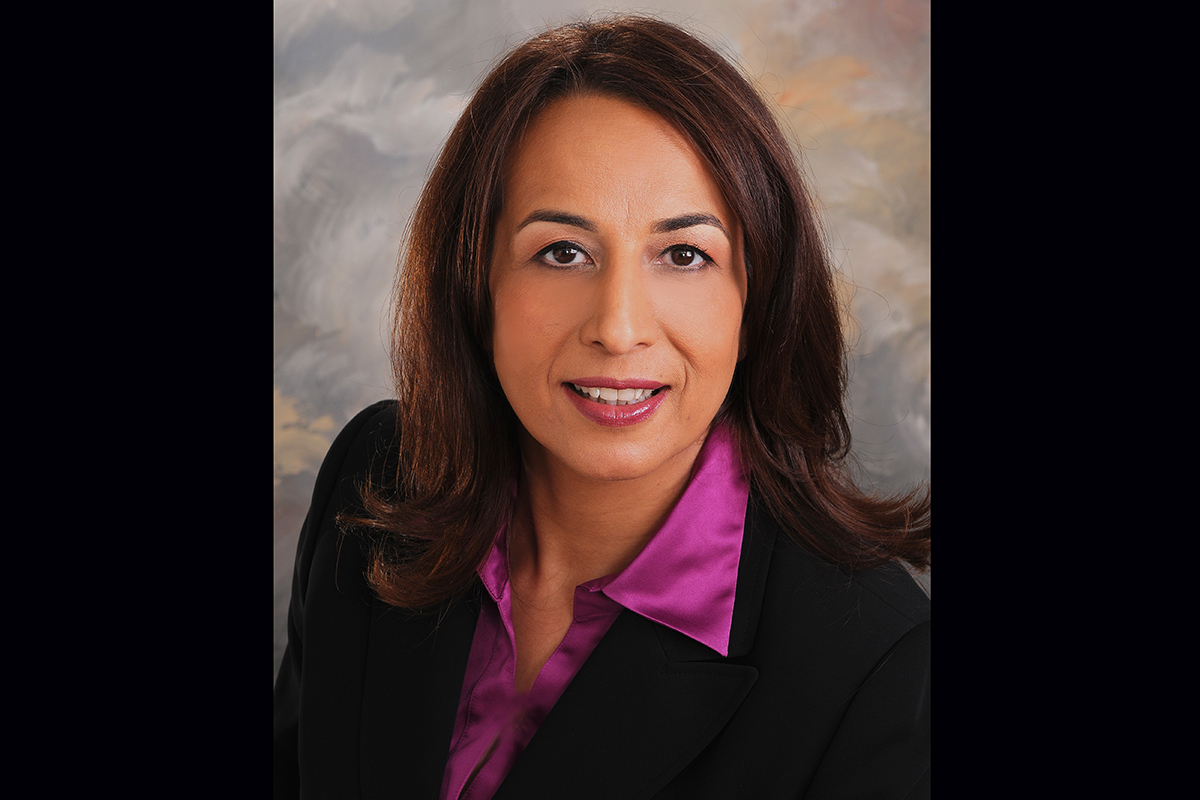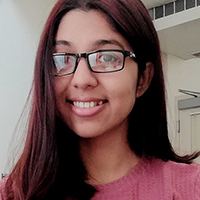
Many mobile apps that track the spread of COVID-19 ask for personal data but don't indicate the information will be secure. Information sciences professor Masooda Bashir and doctoral student Tanusree Sharma analyzed 50 apps and their privacy protections. Bashir studies information technology, human psychology and society, including how privacy, security and trust intersect with information systems.
Courtesy Masooda Bashir
CHAMPAIGN, Ill. — Mobile apps are helping track the spread of COVID-19 to contain the outbreak, but the apps also raise concerns about personal privacy.
Information sciences professor Masooda Bashir and doctoral student Tanusree Sharma at the University of Illinois at Urbana-Champaign analyzed 50 COVID-19-related apps available in the Google Play store for their access to users' personal data and their privacy protections. Bashir and Sharma found that most of the apps required access to users' personal data, but only a handful indicated the data would be anonymous, encrypted and secured.
They report their findings in the journal Nature Medicine.
"What is disconcerting is that these apps are continuously collecting and processing highly sensitive and personally identifiable information, such as health information, location and direct identifiers (e.g., name, age, email address and voter/national identification)," they wrote in the journal article. "Governments' use of such tracking technology – and the possibilities for how they might use it after the pandemic – is chilling to many. Notably, surveillance mapping through apps will allow governments to identify people's travel paths and their entire social networks."

Tanusree Sharma is a doctoral student at Illinois Informatics whose research focuses on information security and privacy.
Courtesy Tanusree Sharma
The functionalities of the COVID-related apps developed around the world include live maps and updates of confirmed cases, real-time location-based alerts, systems for monitoring home isolation and quarantine, direct reporting to the government of symptoms and education about COVID-19. Some also offer monitoring of vital signs, virtual medical consultations and community-driven contact tracing.






